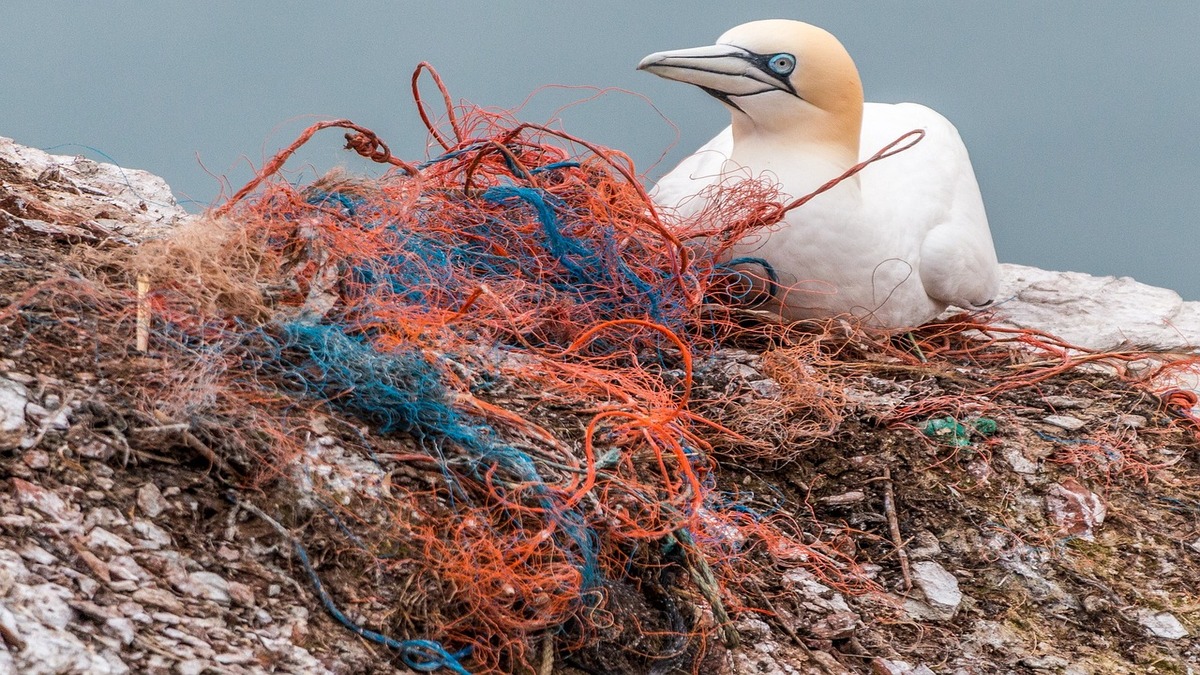
Small Island states are highly reliant on the Oceans Economy for their livelihoods. At the same time, they are especially exposed to the negative effects of plastic pollution, both by its effect on coastal areas, affecting biodiversity, fisheries activity, and tourism, and by its on-land impacts creating problems for urban water drainage infrastructure and human health. Small Islands have limited productive and value-addition capacities, but significant potential to develop novel industries related to material substitutes. These include those based on by-products of indigenously grown biomass and marine products, both of which offer potentially innovative and low-pollution pathways to reduce reliance on single-use plastics. In addition to their environmental benefits, these could offer important employment, income-generating and development opportunities, as well as reducing reliance and costs of importing fossil fuel based plastics.
The Pacific is disproportionately affected by the global plastic pollution, contributing less than 1.3 percent of the global volume . For instance, roughly 140,000 tonnes of solid waste are disposed of in Fiji annually, of which around 15,000 tonnes are plastics. Despite the recent Climate Change Bill 2019 which has comprehensively addressed many of the disposable plastic items, key concerns remain to prevent plastic pollution from polymers such as PET and LDPE used in imported consumer goods.
The ongoing negotiations within the Intergovernmental Negotiating Committee (INC) on Plastic Pollution for a legally binding global treaty to tackle plastic pollution show the importance of aligning trade policies and the objective of reducing plastic pollution. However, this begs the question of how financial and industrial policies can, together, help achieve the SDGs during the next decade. Finance is generally lacking for such transformative activities, and industrial policy is equally needed to help guide the transition and create a sustainable demand. Financial and industrial policies for economic transformation and development ought to be aligned with the SDGs and the broad approach loosely known as a Green New Deal. Sectors such as tourism are particularly affected by the rise in plastic pollution, which represents around 15% of plastic total waste.
As a key lead from the Pacific in the Intergovernmental Negotiating Committee (INC) negotiations, the Government of Fiji, together with UNCTAD and UNDP, are organizing a national symposium to take stock of the current initiatives, and to help better align national plastic pollution prevention priorities to global and regional commitments as a follow up to a series of discussions and events which resulted in a policy action plan. This includes the development of a strategic blueprint for a national plastics prevention plan as part of Fiji’s larger green structural transformation ambitions. This conference aims to understand what is the voice of the Pacific, especially Fiji, in the plastic puzzle at the national, regional and international levels as well as in the ongoing debates and discussions surrounding the upcoming INC5.
The Fiji National Symposium on Plastic Pollution Prevention seeks to assist the Fiji Government to implement and demonstrate industrial and financial policy actions that were identified as being necessary for effective green structural transformation and development in Fiji, including the prevention of plastic pollution. The actions were identified in research and workshops conducted with UNCTAD, UNDP, and representatives from Government ministries, finance, industry, civil society and other international organizations, in Fiji between 2021-2023 following the extensive work on plastic pollution mitigation projects being undertaken under the UNCTAD Oceans Programme and Sustainable Manufacturing and Environmental Pollution (SMEP Programme), including UNCTAD’s extensive analysis on the potential of material substitutes in developing countries, and complementary research on financial and industrial policy for a green transformation with a focus on Asia and the Pacific , carried out by the Division of Globalization and Development Strategies at UNCTAD.
The main expected outcome of the symposium is to provide a list of guiding policy strategies to support the Government in preparation of the INC5 negotiations and beyond.
The discussion will focus on several overarching questions, including:
- What are the main obstacles in Fiji to facilitate a new circular plastics economy and to develop innovative plastic substitute business solutions?
- How can new financing opportunities and investment for plastic pollution prevention offer a solution to reduce plastic pollution and improve the sustainability of the Fiji economy?
- How do the contributions of Fiji to the INC negotiations on plastic pollution trickle down to the economy and ensure sustainability of policy action?
- How could national and regional stakeholders better coordinate on plastics-related trade issues to ensure synergy and avoid duplication of efforts?
- Is anything missing from the current discussion on how financial and industrial policies can contribute to the transition to a better materials economy in the plastic space?


